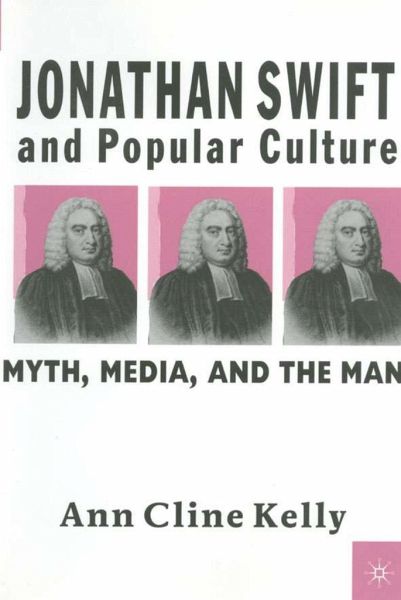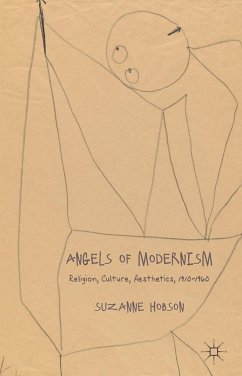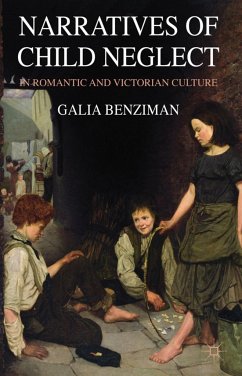
Jonathan Swift and Popular Culture Myth, Media and the Man
Myth, Media, and the Man
Versandkostenfrei!
Versandfertig in 6-10 Tagen
38,99 €
inkl. MwSt.
Weitere Ausgaben:

PAYBACK Punkte
19 °P sammeln!
Ann Kelly's provocative book breaks the mold of Swift studies. 20th-century scholars have tended to assess Jonathan Swift as a pillar of the 18th-century "republic of letters," a conservative, even reactionary voice upholding classical values against the welling tide of popularization in literature. Kelly's Swift is instead a practical exponent of the popular and impresario of the literary image. She argues that Swift turned his back on the elite to write for a popular audience, and that he annexed scandals to his fictionalized print alter ego, creating a continual demand for works by or about this self-mythologized figure. A fascinating look at popular print media, the commodification of the author, culture formation, and modern myth making, this book opens new ground in our understanding of one of the greatest English writers.














